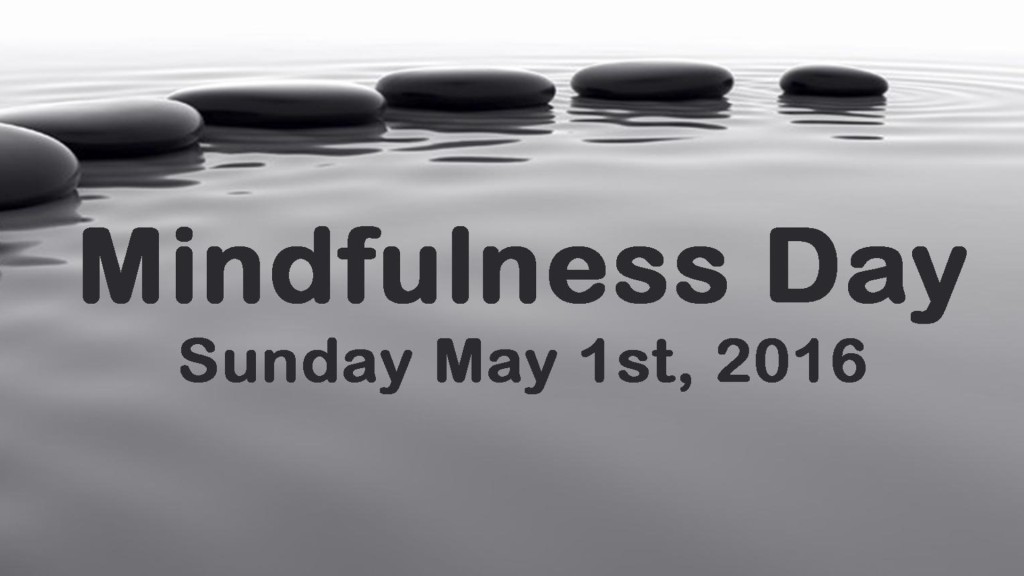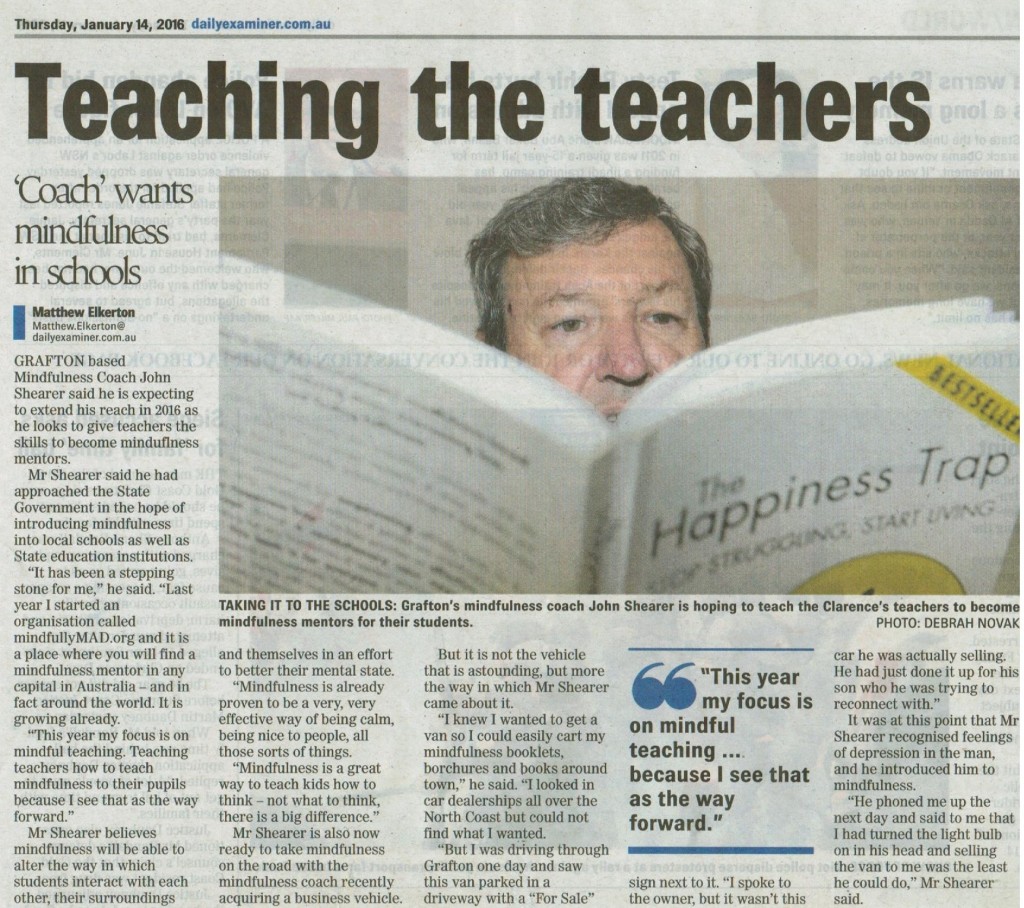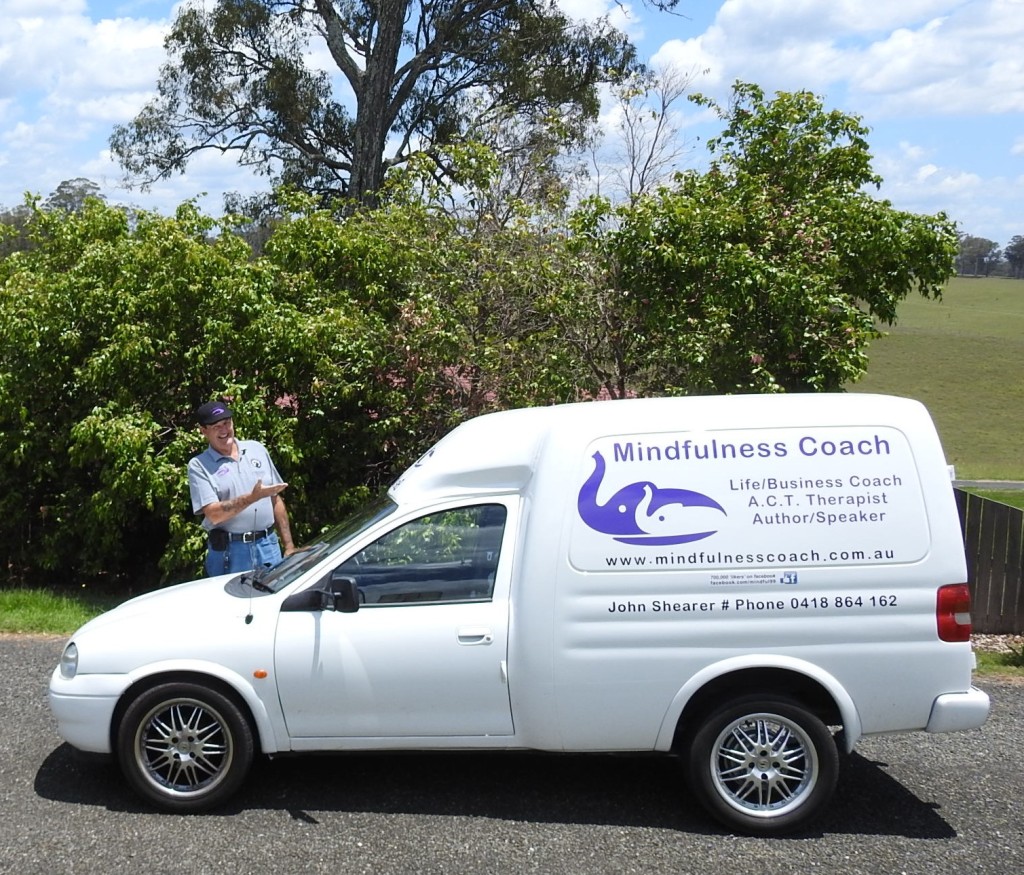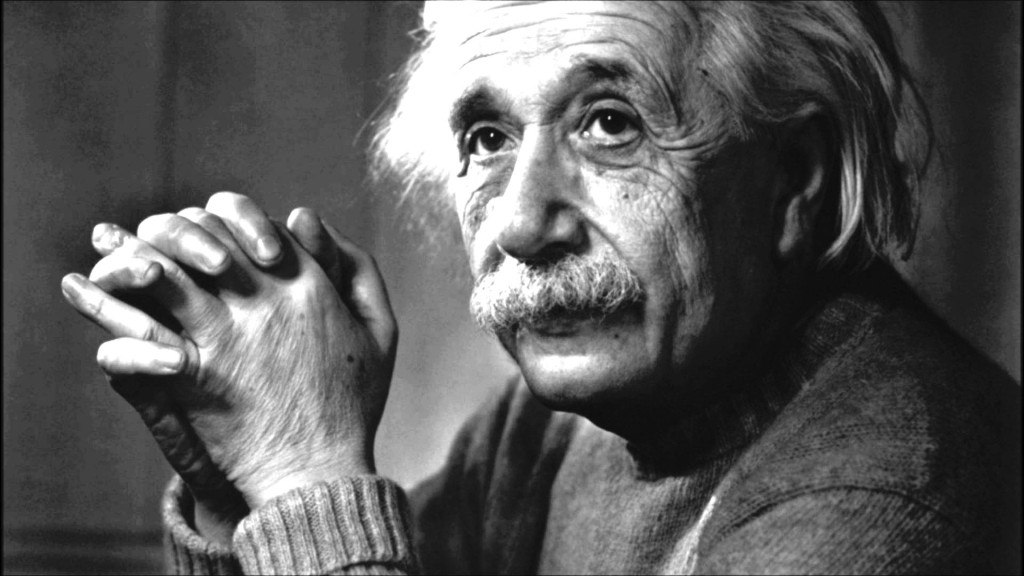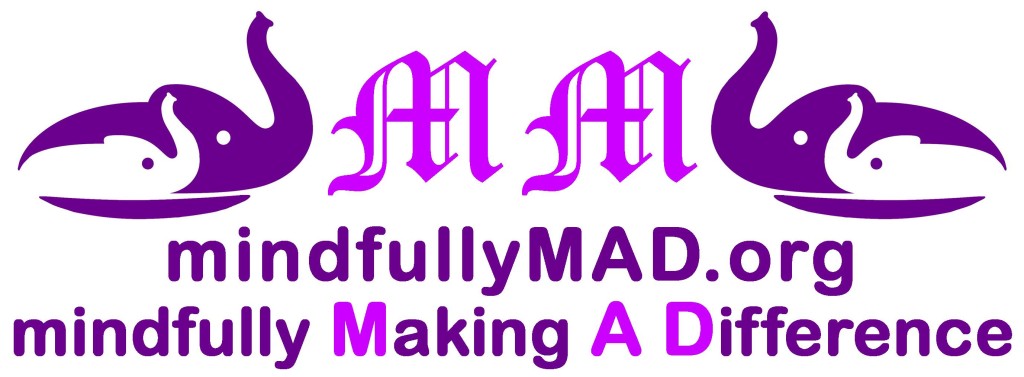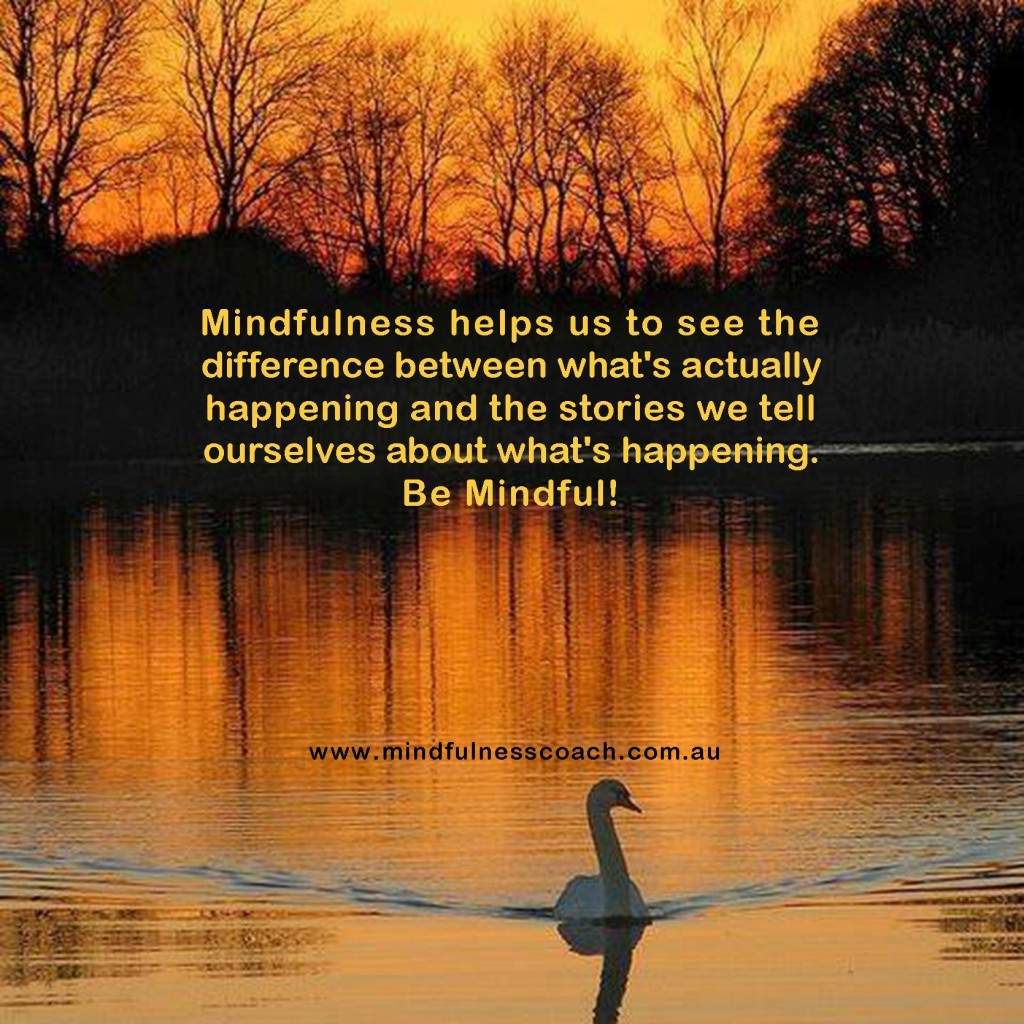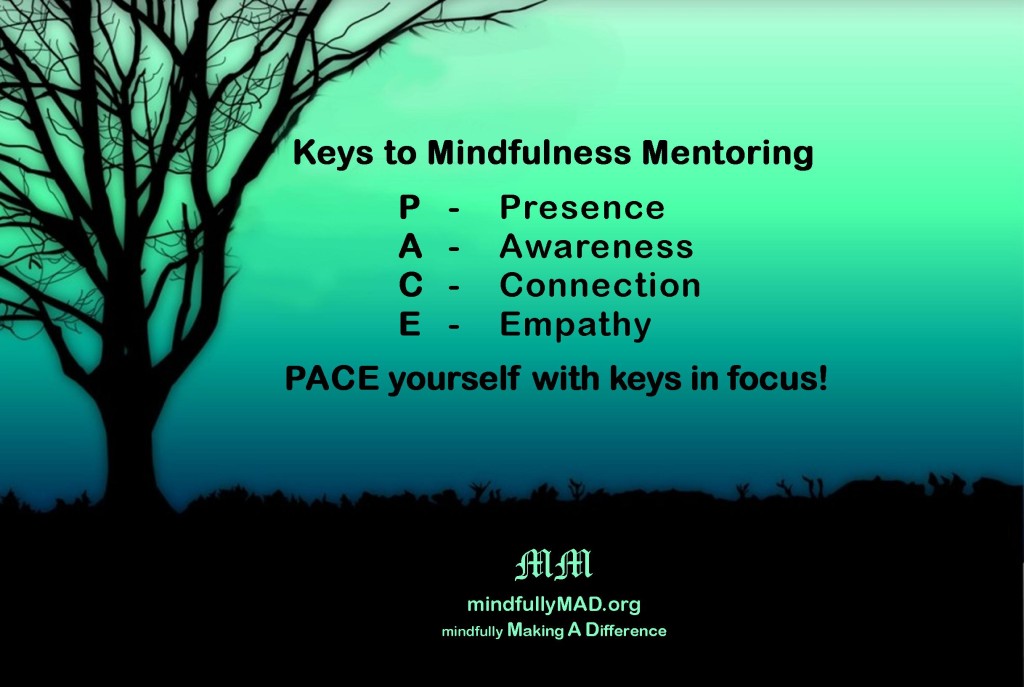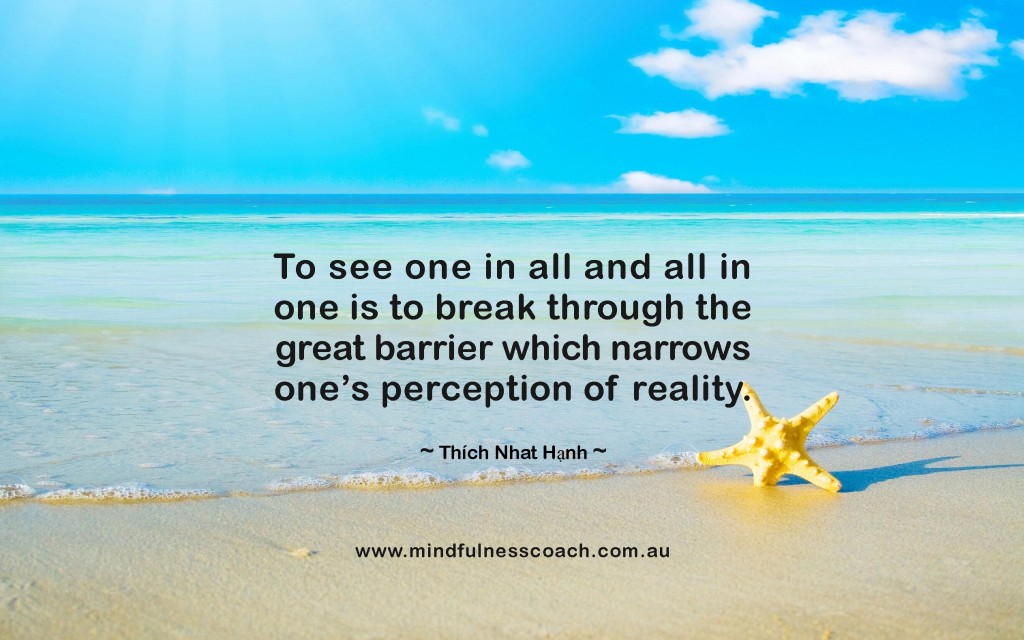The first Sunday in May is Mindfulness Day. This year, it is 1st May! You may remember the first Mindfulness Day in 2014 when I created a facebook event and invited Australians with mental suffering. 4,700 people turned up and Mindfulness Day launched Mindful May. I wrote a blog every day in May and the event was truly amazing with hundreds of lives transformed. The event became my book Mindful Actions and thousands more lives have been turned around since. I am amazed by the feedback I receive, I especially love hearing from people coming off meds or waking up by way of their mindful practice. This year I have created another facebook event and will be sharing my story, my knowledge and my vision. Please join and be part of the mindful revolution by sharing this event. Go a step further and send me your photo to dress up. For more info, go to mindfullyMAD.org and click on Mindfulness Day.
How is your mindful practice coming along? I was asked by a magazine to write about developing a mindful practice, this is what I wrote:
Mindful practice is about silencing our minds with awareness and focusing on being fully present with what is happening. Having a mindful practice enables us to develop more awareness of our thoughts and feelings. We are able to notice and observe what is going on without getting all caught up, especially the unhelpful and negative stuff. A mindful practice also enables us to pause and create more silence and peace of mind throughout our day.
Mindfulness doesn’t stop the never-ending flow of mental chatter, nor does it stop the ebb and flow of our feelings. Sometimes we avoid practising mindfulness because we feel that something is going on deep down inside. It could be that we’re feeling anger, fear, sadness, past trauma, powerless, unmotivated or just tired. We know if we pause or stop we might have to deal with what is happening. Instead of stopping to acknowledge and feel what is coming to the surface, we distract ourselves by eating chocolate, drinking alcohol, taking drugs, focusing on our to-do list, watching TV, working too hard or many other distractions.
As we develop our mindful practice, we learn to recognise these unhelpful feelings for what they really are, just feelings. We learn that feelings aren’t facts and we make room for them or simply choose to let them go. A mindful practice helps us to connect fully with our whole being, mind, body, heart and soul. Then by deepening our practice of being present, the connection with ourselves deepens. We feel more connected to love, joy, peace, aliveness, strength and many other qualities. The flow on effect is the ability to deepen our presence with our loved ones and everyone we connect with in our daily lives.
The very essence of mindfulness is awareness in its purest form. With practice, mindful awareness becomes second nature, your home base and your refuge. With practice, your sense of awareness (or the silent observer as I like to call it) starts to abide more and more in your daily life. With practice, you will be able to readily step back and be the silent observer of your thoughts and feelings. Notice how I keep repeating ‘with practice’? Practice is the overall key to developing mindfulness and I cannot overstate it enough.
Use of the key thought ‘Be Mindful’ is a great way to trigger instant mindful awareness, no matter what is happening in any given moment. Use ‘Be Mindful’ to activate the silent observer of your thoughts and feelings without any judgement. When you activate the silent observer, you are also tuning in to your sixth sense or intuition. It is a sure way to tap into your creative genius. It is also a sure way to gain clarity of mind and a strong sense of priority. Be sure to pause and tune in at regular intervals to maintain your mindful practice.
Mindfully Yours with Love, Joy & Peace Always! – John

